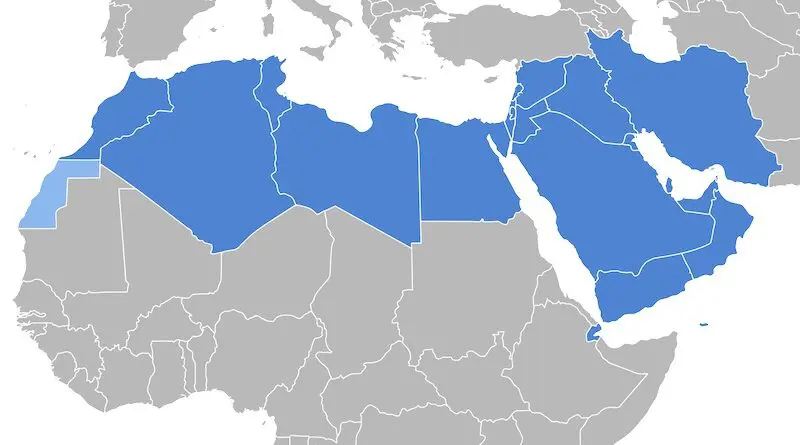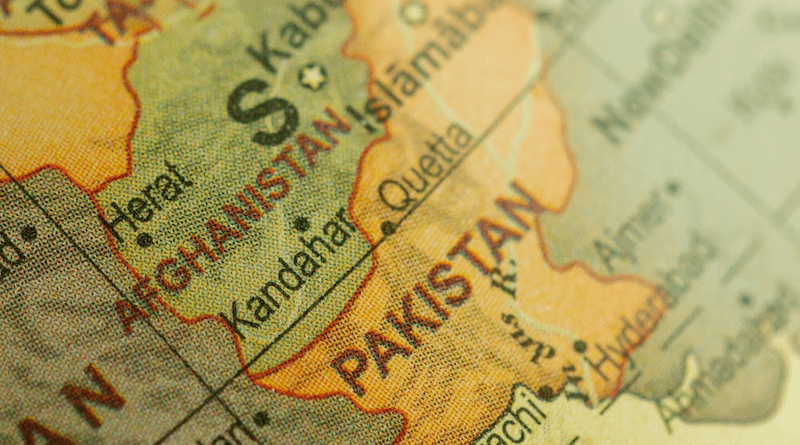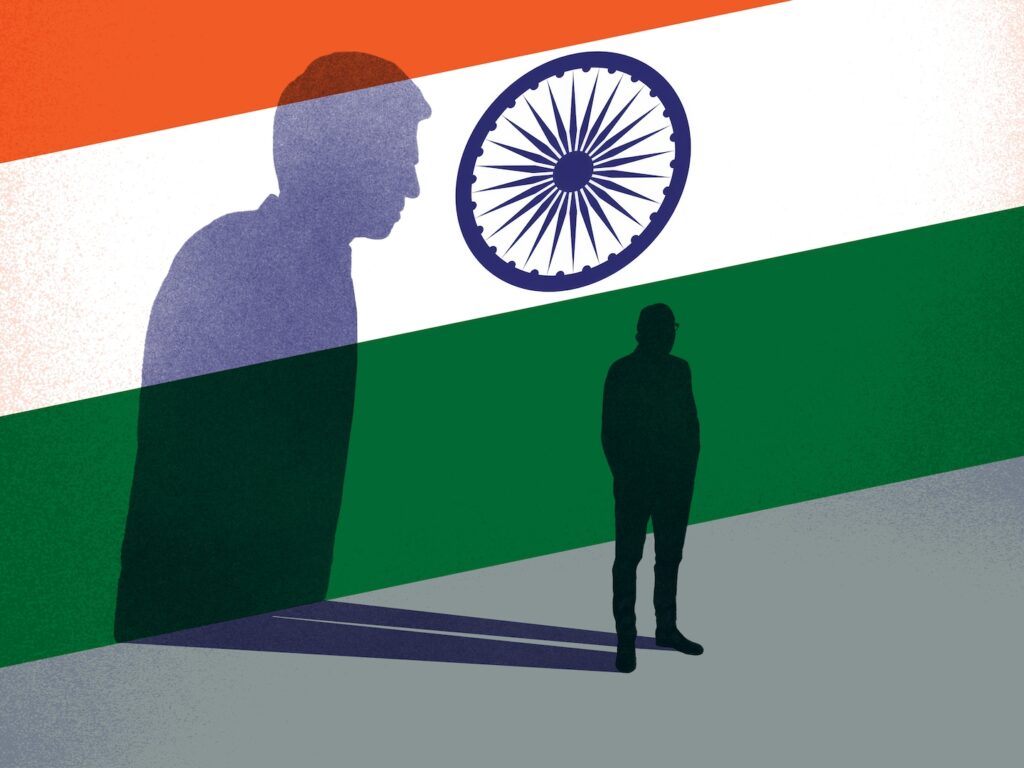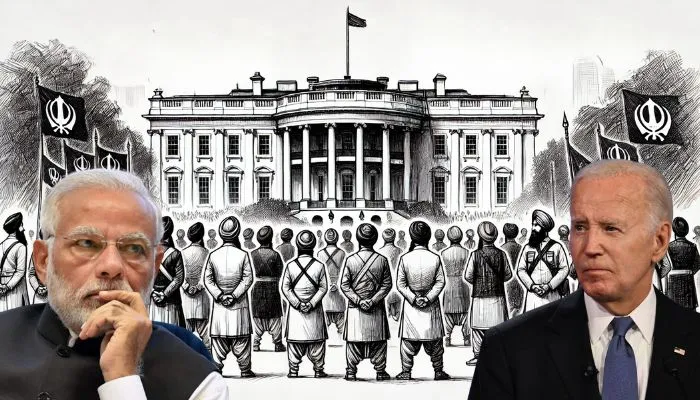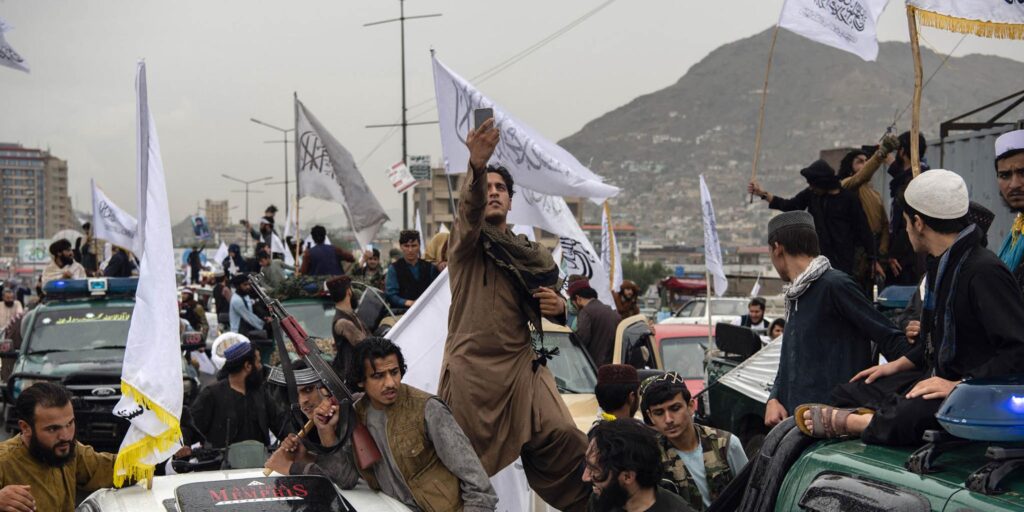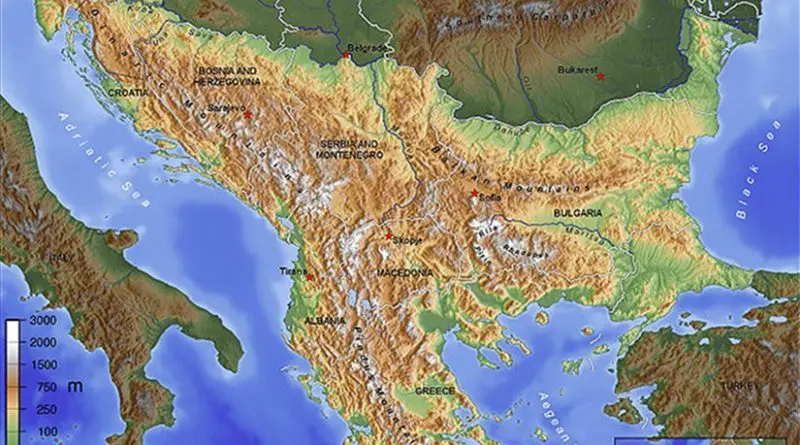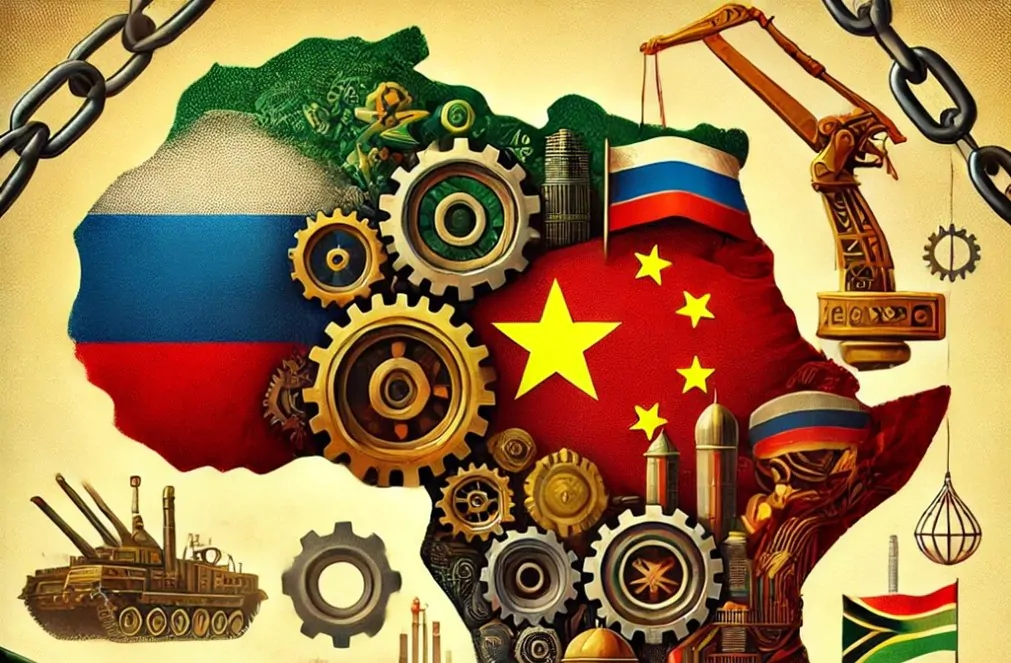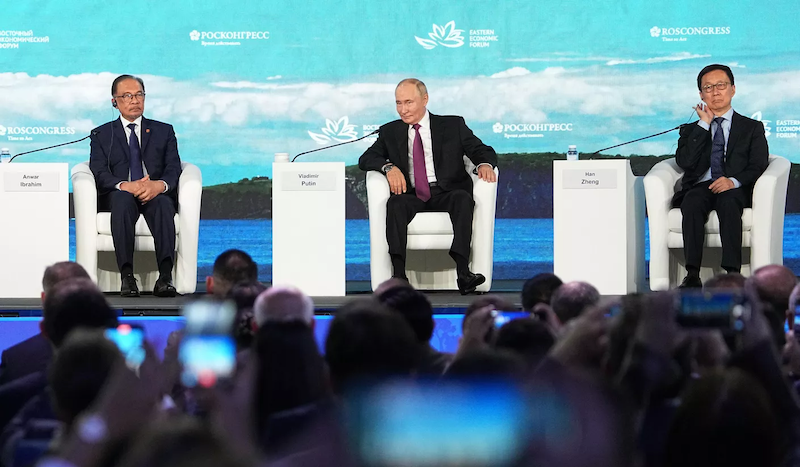The ‘Digital Terrorists’ Of Pakistan – OpEd
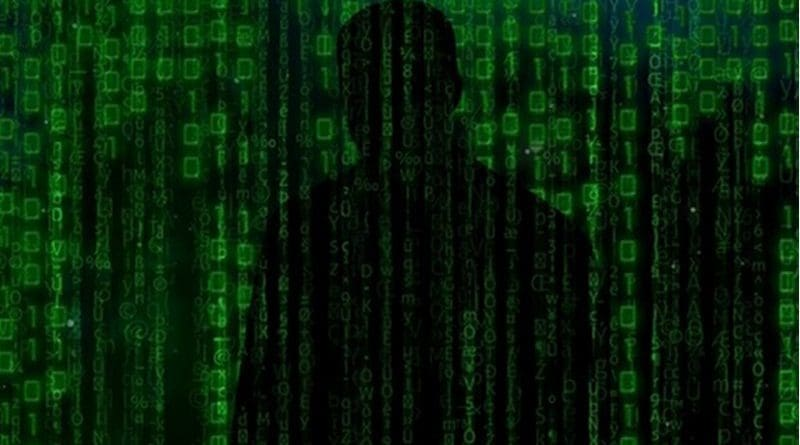
An army with a state
In her seminal piece titled “Pakistan-from hybrid-democracy to hybrid-martial law” published in the 2019 Journal of South Asian and Middle Eastern Studies, Ayesha Siddiqa, a Pakistan born and UK based leading expert on the Pakistan armed forces made some very pertinent and precise observations of how the all-powerful Pakistan army was continuing its subtle subversion of the country’s constitution with renewed vigour. One of her prognostications was – “The military is keen to generate a new national discourse in which the army’s position is considered synonymous to the state.” [Emphasis added].

